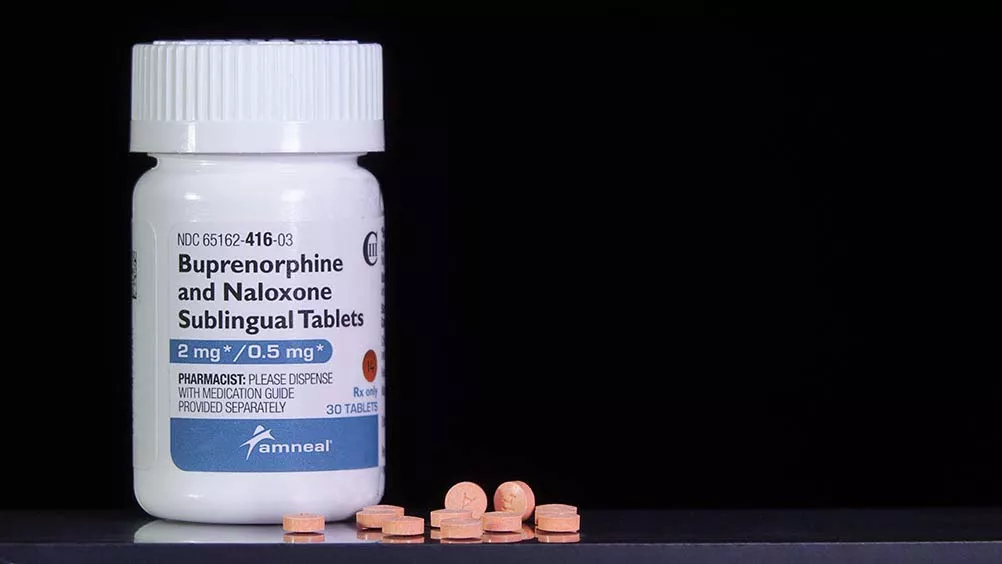How Long Does Suboxone Stay in Your System
Suboxone typically stays in your system for a significant period due to its long half-life. The main active ingredient in Suboxone, buprenorphine, has a half-life ranging from 24 to 60 hours. This means it can take several days for the drug to be eliminated from your body. However, various factors such as dosage, frequency of use, metabolism, and individual differences can affect how long Suboxone stays in your system. Generally, it may take around 5 to 10 days for Suboxone to be fully cleared from your body. It’s essential to consult a healthcare professional for personalized information and guidance regarding drug elimination from your system.
Factors Affecting Suboxone’s Stay in the System
Several factors can influence how long Suboxone remains detectable in the body:
Metabolism Rate
Individual metabolic rates play a significant role in how quickly Suboxone is metabolized and eliminated from the body. Those with faster metabolism typically clear substances like Suboxone more rapidly. Read about What are 3 Symptoms of Insomnia
Dosage and Frequency of Use
The dosage and frequency of Suboxone use also impact its presence in the system. Higher doses and more frequent use can prolong detection times.

Individual Body Characteristics
Unique physiological factors such as weight, age, liver function, and overall health can affect how long Suboxone stays in the system. Individuals with compromised liver function may metabolize Suboxone more slowly, prolonging its presence. Discover about What is a Wellness Check
Detection Windows for Suboxone
The duration Suboxone remains detectable varies depending on the type of drug test:
Blood Tests
Suboxone can typically be detected in blood tests for up to 24 hours after the last dose. However, this window may be shorter in some individuals. Learn about What is Tone Deafness
Urine Tests
Urine tests can detect Suboxone for a longer period, usually up to 2-3 days after the last use. Chronic or heavy users may test positive for a longer duration.
Saliva Tests
Saliva tests have a shorter detection window compared to urine tests, typically detecting Suboxone for up to 1-4 days after the last use.
Hair Follicle Tests
Hair follicle tests have the longest detection window, capable of detecting Suboxone use for up to 90 days after the last dose.
How Long Does Suboxone Stay in Blood?
The duration Suboxone remains detectable in blood can vary based on individual factors and the sensitivity of the test. On average, it can be detected for up to 24 hours after the last dose.
How Long Does Suboxone Stay in Urine?
Suboxone is detectable in urine for a longer duration compared to blood. Typically, it can be detected for up to 2-3 days after the last use, though this may vary based on factors such as dosage and frequency of use.
How Long Does Suboxone Stay in Saliva?
Saliva tests have a shorter detection window for Suboxone compared to urine tests. On average, Suboxone can be detected in saliva for up to 1-4 days after the last use.
How Long Does Suboxone Stay in Hair?
Hair follicle tests offer the longest detection window for Suboxone, with the ability to detect its presence for up to 90 days after the last dose. However, factors such as hair length and growth rate can affect the accuracy of these tests.
Ways to Speed Up Elimination
While Suboxone naturally clears from the body over time, certain strategies may help expedite the process:
- Hydration: Drinking plenty of water can help flush toxins from the body, potentially speeding up the elimination of Suboxone.
- Exercise: Regular physical activity can increase metabolism and promote the elimination of substances like Suboxone.
- Healthy Diet: Consuming a balanced diet rich in fruits, vegetables, and lean proteins supports overall health and may aid in detoxification processes.
Dangers of Extended Detection Times
Extended detection times for Suboxone can have various consequences, including:
- Impact on Employment: Individuals undergoing drug testing for employment may face consequences if Suboxone is detected.
- Legal Consequences: In certain situations, such as legal proceedings or custody battles, extended detection times for Suboxone may have legal implications.
Conclusion
Understanding how long Suboxone stays in the system is essential for individuals undergoing drug testing or transitioning from Suboxone therapy. Factors such as metabolism rate, dosage, and the type of drug test can influence detection windows. By being aware of these factors, individuals can make informed decisions regarding their treatment and overall well-being.
FAQs
- Can Suboxone show up on a standard drug test?
- Yes, Suboxone can be detected on certain drug tests, including urine, blood, saliva, and hair follicle tests.
- Does drinking water help flush Suboxone out of your system faster?
- While staying hydrated is essential for overall health, there’s limited evidence to suggest that drinking water significantly speeds up the elimination of Suboxone.
- Are there any natural methods to detox from Suboxone?
- While hydration, exercise, and a healthy diet may support detoxification processes, it’s essential to consult with a healthcare professional before attempting any detox methods.
- Can Suboxone be detected in hair if only used once?
- Hair follicle tests can detect Suboxone use even with minimal exposure, though the accuracy may vary based on individual factors.
- What should I do if I test positive for Suboxone during a drug test?
- If you test positive for Suboxone and have a valid prescription, be prepared to provide documentation to verify your use. If you don’t have a prescription, consider seeking professional guidance to address any underlying issues related to substance use.
